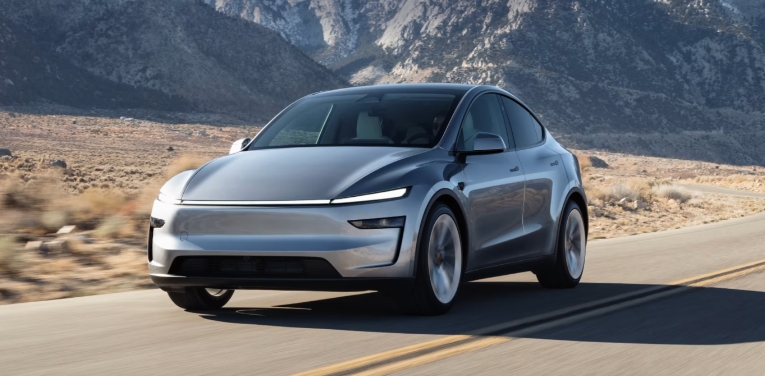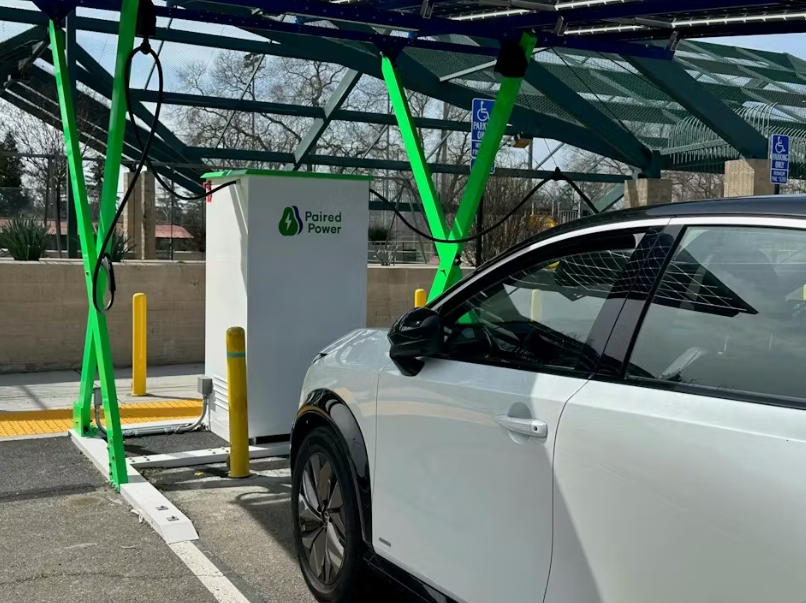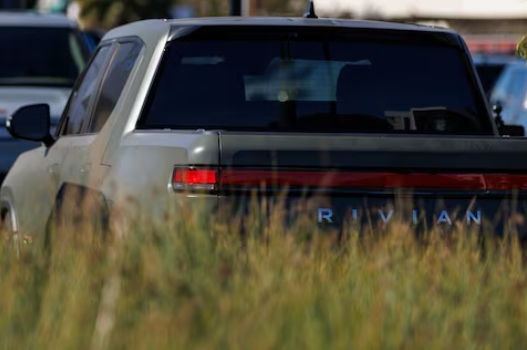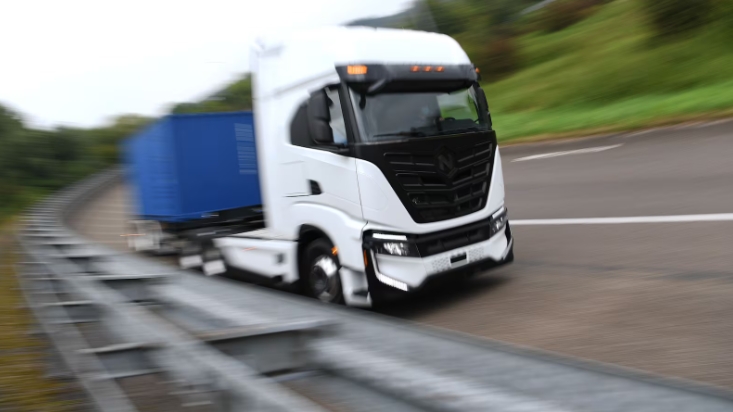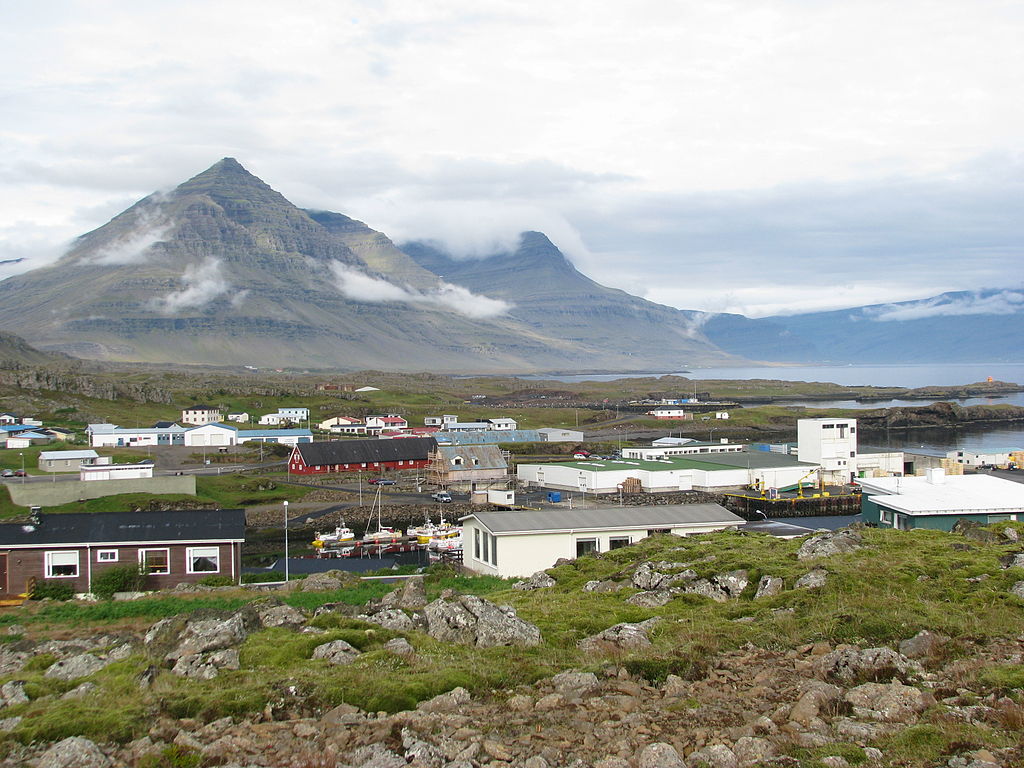
The project description, proponent, and corresponding subsidy amounts are as follows:
HEF veitur ehf – Búlandsnes, Djupivogur (ISK 134,840,000)
Orkubú Vestfjarda – Ísafjördur og Patreksfjördur (Phase 1) (ISK 91,333,000)
Orkubú Vestfjarda – Geirseyri (Patreksfjördur Phase 2) (ISK 51,333,000)
Orkubú Vestfjarda – Ísafjördur (Phase 2) (ISK 45,333,000)
Vopnafjarðarhreppur – Selárlaug (ISK 40,000,000)
Grundarfjarðarbær – Energy replacement of swimming pool, primary school, and gymnasium at Grundarfjörður (ISK 34,000,000)
Kaldrananeshreppur – Heating system of Baejartorforun (ISK 25, 289,000)
Skaftárhreppur – Geothermal research in Skaftárhreppi
In May of this year, the minister requested that the Energy Fund would be in charge of the implementation of efforts in the search for and use of geothermal energy in the years 2023-2025, where the focus would be on supporting projects that had the goal of starting the use of geothermal heat for general domestic heating in areas where now electricity and/or oil is used for central heating.
Gudlaugur Thór Thórdarson, Minister of the Environment, Energy and Climate remarked, “Iceland has achieved great success in the use of geothermal energy for domestic heating, and over 90% of the country’s population has access to a heating system. However, it is the case that we have been sleeping on the price for the past two decades. This is the first effort in geothermal exploration in the last 15 years, and as stated in the ÍSOR report earlier this year, the majority of the country’s heating utilities are facing difficulties in the coming seasons. In the past 10 years, we have subsidized heating costs amounting to about 2.5 billion per year. Now we are pushing forward in geothermal issues again.”
